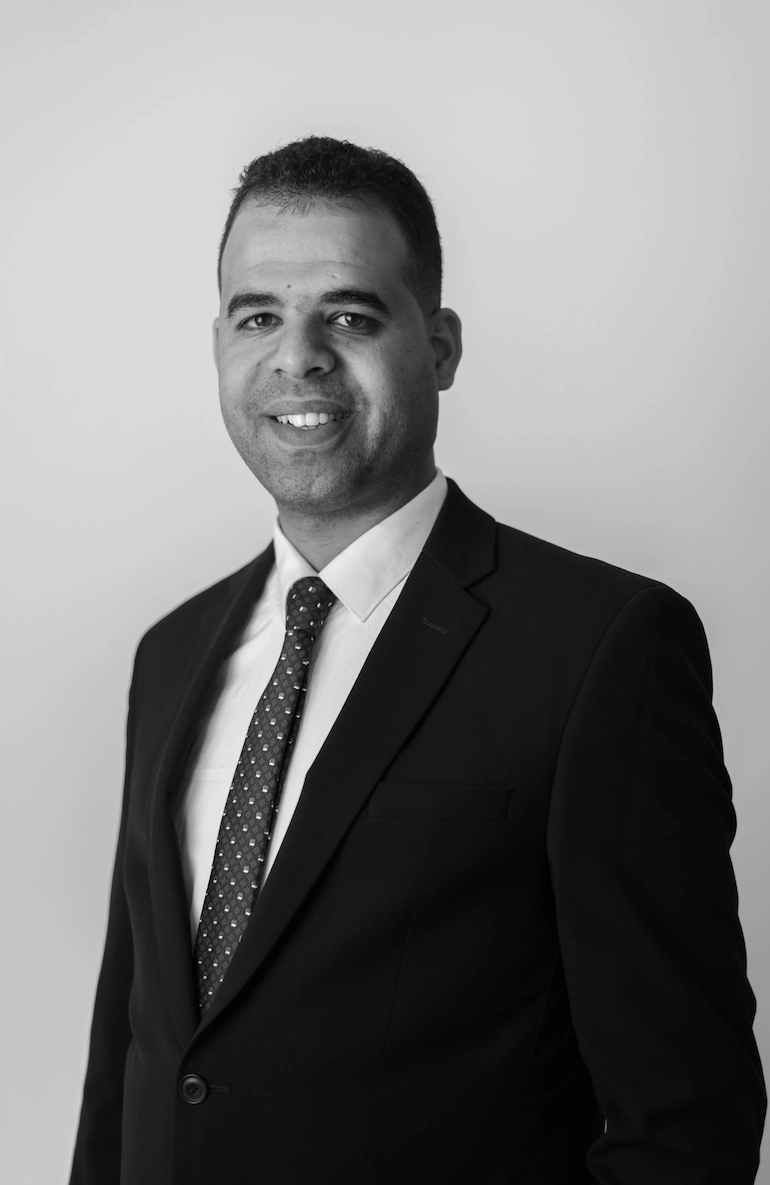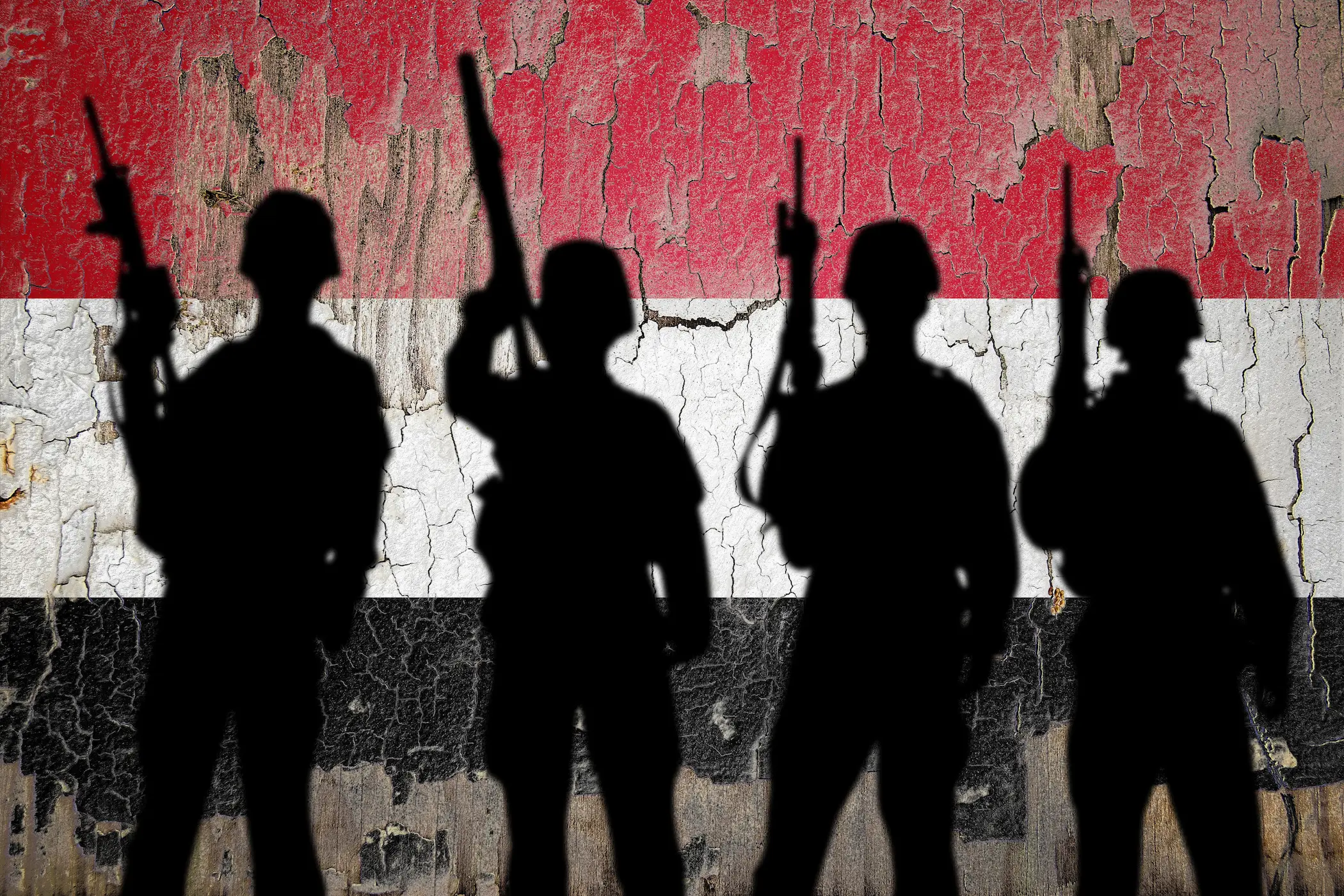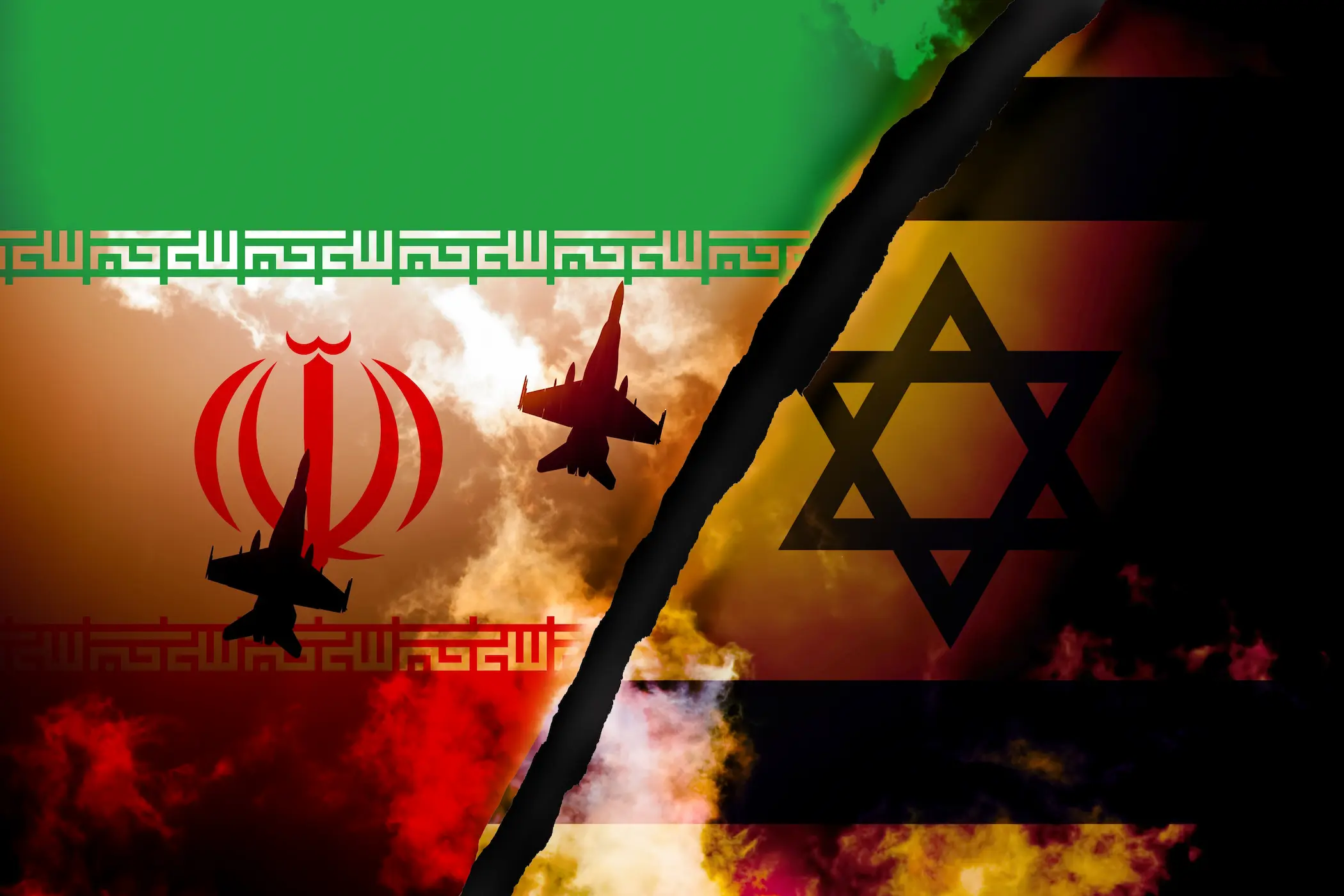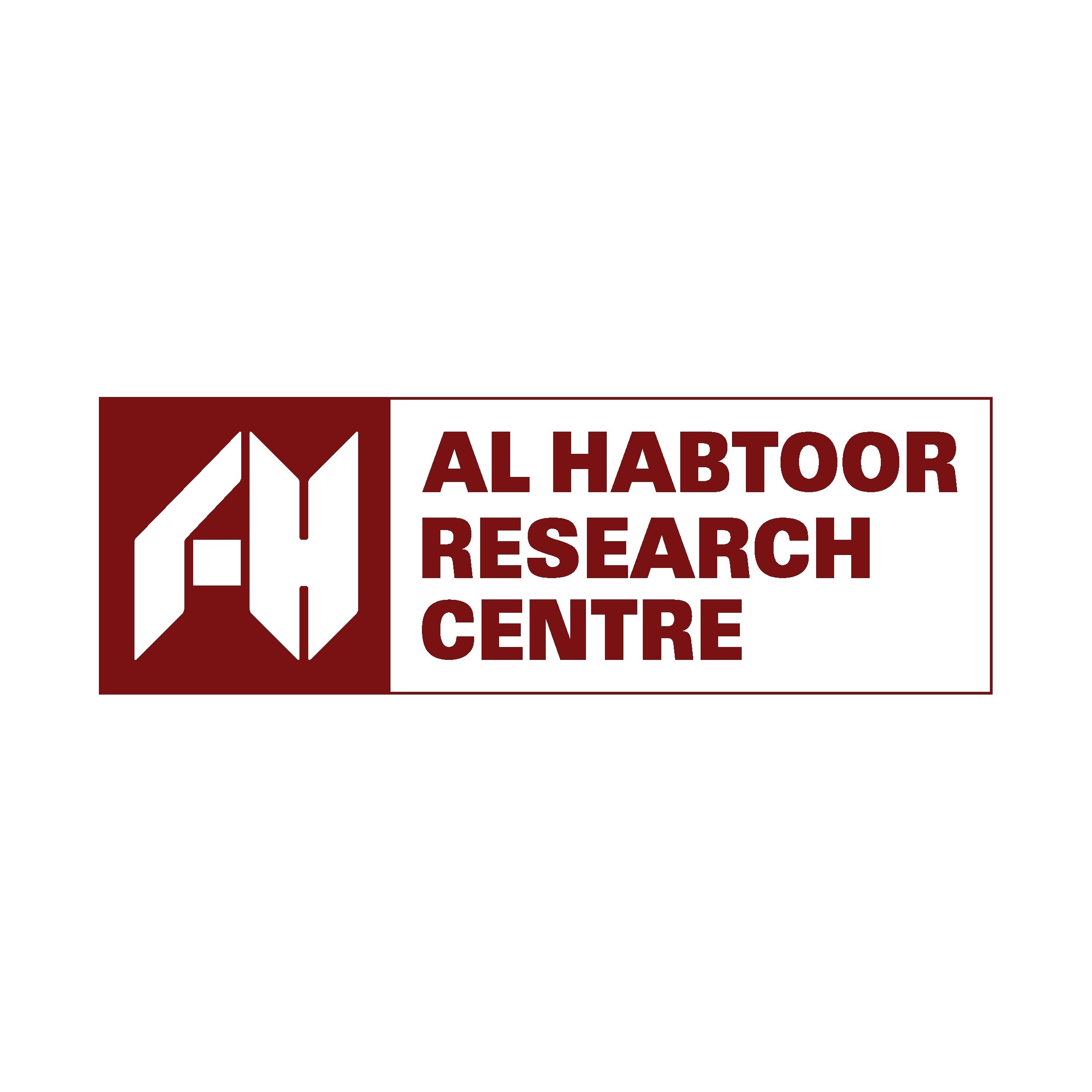The 2024 BRICS Expert Forum was held during the Saint Petersburg International Economic Forum from June 5 to 8, 2024. This forum is a prominent event that brings together a diverse group of experts, policymakers, and thought leaders from around the world. It served as a pivotal platform for in-depth discussions and strategic dialogues on the growing role of the BRICS countries in shaping the course of global governance and multilateral cooperation. The BRICS Expert Forum provided a unique opportunity to analyse the challenges and opportunities facing the BRICS bloc in the context of a rapidly shifting global landscape and served as a catalyst for new thinking and innovative solutions to the complex issues facing the world today by promoting the dynamic exchange of ideas between experts from different backgrounds.
Mostafa Ahmed, senior researcher at the Political Unit from the Al Habtoor Research Centre, participated as a speaker in a discussion session entitled “Promoting Growth Through Partnerships, Jointly Exploring Paths to Modernisation” which focused on the dimensions of economic and cultural cooperation of the BRICS group.
It is worth noting that the forum expanded its scope beyond traditional membership in BRICS, as it embraced representatives from new members such as the United Arab Emirates, Egypt, Saudi Arabia, Iran, and Ethiopia. This widespread participation not only underscored the growing influence of these countries on the global stage but also highlighted the growing attractiveness of the BRICS model as an effective alternative to Western economic and political frameworks.
Forum Overview
- The forum was jointly organised by Rossiya Segodnya, Russia’s leading news agency, and the Xinhua News Agency, China’s state-run media organisation. This collaboration symbolised the strong partnership between the two countries within the BRICS framework and their shared commitment to promoting a multipolar world order.
- The forum attracted a wide range of participants, including renowned economists, seasoned political analysts, distinguished diplomats, and influential academics from BRICS nations and beyond. Their expertise spanned various fields, including international relations, development economics, geopolitics, and cultural studies.
- The forum was structured into three distinct expert sessions, each focused on a specific theme of critical importance to the future of BRICS. Each session featured keynote addresses, panel discussions, and interactive Q&A sessions, providing ample opportunities for participants to engage in meaningful dialogue and debate.
Session Themes and Key Insights
Plenary Session: “BRICS Goals in the Context of the New World Order”
The Plenary Session set the tone for the entire forum by addressing the overarching question of how BRICS nations should redefine their objectives and strategies in response to the shifting geopolitical landscape. Key discussions revolved around the following issues:
- Strengthening BRICS’s global voice: Experts emphasised the need for BRICS to assert itself more forcefully in international institutions. This would entail advocating for reforms that better reflect the interests and concerns of developing countries.
- Promoting a more equitable global economic system: Experts called for BRICS to champion policies that address global economic imbalances, reduce trade barriers, and promote sustainable development. They also highlighted the importance of alternative financial institutions like the New Development Bank (NDB) in providing much-needed funding for infrastructure projects in developing countries.
- Addressing shared challenges: Speakers identified climate change, terrorism, cybercrime, and pandemics as major threats to global security and stability. They stressed the need for BRICS to collaborate on developing coordinated responses to these challenges, leveraging the bloc’s collective resources and expertise.
Session Two: “The Cultural Basis of the BRICS: Can BRICS Become a Common Cultural Market?”
This session delved into the rich tapestry of cultural diversity that characterises the BRICS nations. Experts explored the following key questions:
- Promoting cultural exchange: Experts discussed various mechanisms for fostering greater cultural understanding and appreciation among BRICS citizens. These could include exchange programs for students and artists, joint cultural festivals, and translating literary works into multiple languages.
- Building a BRICS cultural market: The concept of a “BRICS cultural market” was debated, with experts weighing the potential benefits and challenges of creating a platform for exchanging cultural goods and services within the bloc.
- Leveraging cultural diplomacy: Speakers acknowledged the role of culture in enhancing soft power and building bridges between nations. They emphasised the importance of BRICS utilising cultural diplomacy to strengthen its international standing and foster positive relations with other countries.
Session Three: “Promoting Growth Through Partnerships, Jointly Exploring Paths to Modernisation.”
The third session focused on the economic dimension of BRICS cooperation, examining the following key areas:
- Trade and investment: Experts highlighted the need for BRICS to deepen its intra-bloc trade and investment ties, diversify its export markets, and reduce its reliance on traditional Western partners.
- Technology transfer: Experts discussed the importance of sharing knowledge and expertise in renewable energy, digital technology, and biotechnology. They also explored the potential for joint research and development projects among BRICS nations.
- Industrialisation and infrastructure development: Experts stressed the importance of investing in manufacturing, infrastructure, and human capital to achieve sustainable economic growth. They also emphasised the need for BRICS to support each other’s efforts to industrialise and modernise their economies.
During his speech at this session, Mostafa stressed the importance of enhancing intra-trade between the BRICS countries and put forward innovative solutions to address trade barriers. In addition, Mostafa proposed the “BRICSPHONE” initiative, which aims to establish a BRICS cultural centre in the member states of the group that will be responsible for teaching the indigenous languages of the member states and facilitating cultural exchange between them through mobility programs. This initiative can change the lives of millions of people across the BRICS countries and beyond by harnessing the power of cultural exchange.
Key Takeaways
The BRICS Expert Forum 2024 generating a wealth of valuable insights and recommendations for the future of BRICS cooperation. Key takeaways included:
- The growing prominence of BRICS: The forum confirmed BRICS’s increasing relevance as a major player in global affairs. The bloc’s expanding membership and diverse agenda demonstrate its potential to reshape the global order.
- The importance of multilateralism: Experts emphasised the need for BRICS to strengthen its partnerships with other developing countries and regional organisations to amplify its voice and advance its interests on the world stage.
- The power of cultural exchange: The discussions underscored the significance of cultural diplomacy in building trust, fostering understanding, and promoting cooperation among nations.













Comments